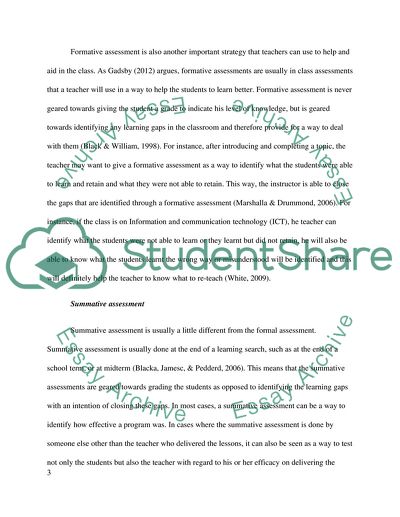Cite this document
(“Assessment Theory Essay Example | Topics and Well Written Essays - 1000 words”, n.d.)
Assessment Theory Essay Example | Topics and Well Written Essays - 1000 words. Retrieved from https://studentshare.org/education/1682174-assessment-theory
Assessment Theory Essay Example | Topics and Well Written Essays - 1000 words. Retrieved from https://studentshare.org/education/1682174-assessment-theory
(Assessment Theory Essay Example | Topics and Well Written Essays - 1000 Words)
Assessment Theory Essay Example | Topics and Well Written Essays - 1000 Words. https://studentshare.org/education/1682174-assessment-theory.
Assessment Theory Essay Example | Topics and Well Written Essays - 1000 Words. https://studentshare.org/education/1682174-assessment-theory.
“Assessment Theory Essay Example | Topics and Well Written Essays - 1000 Words”, n.d. https://studentshare.org/education/1682174-assessment-theory.


